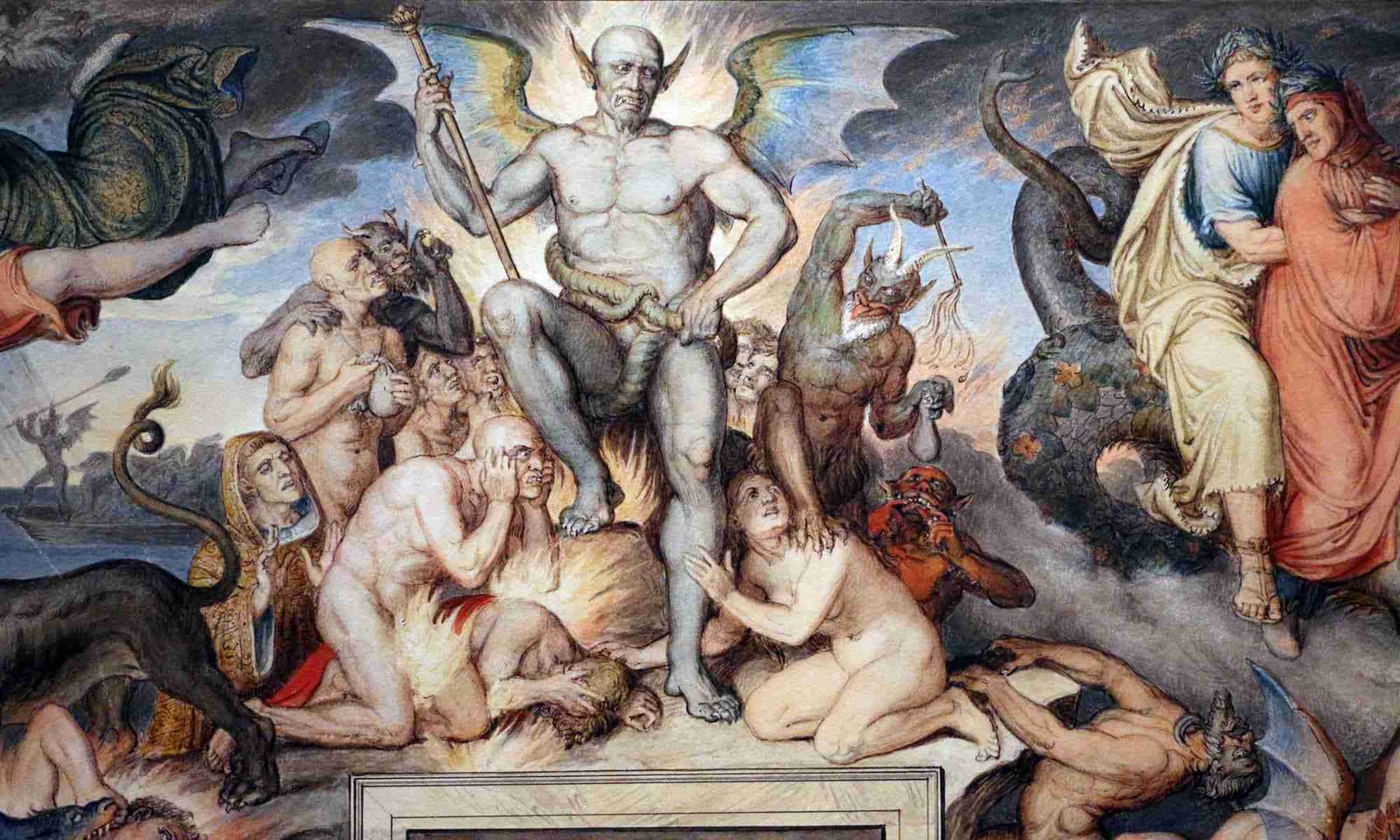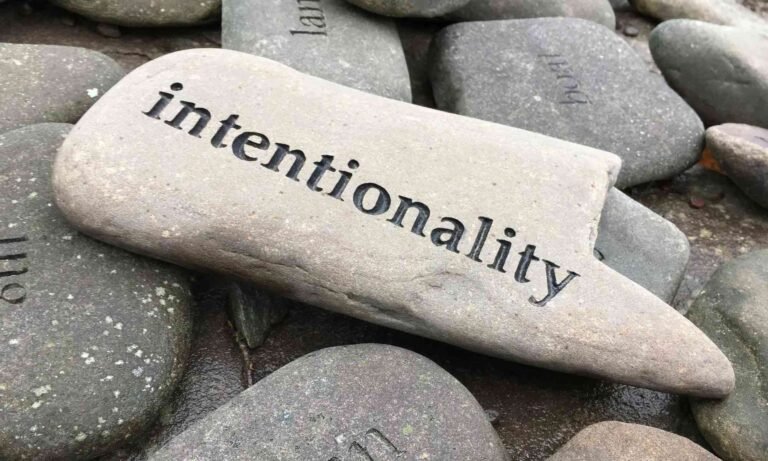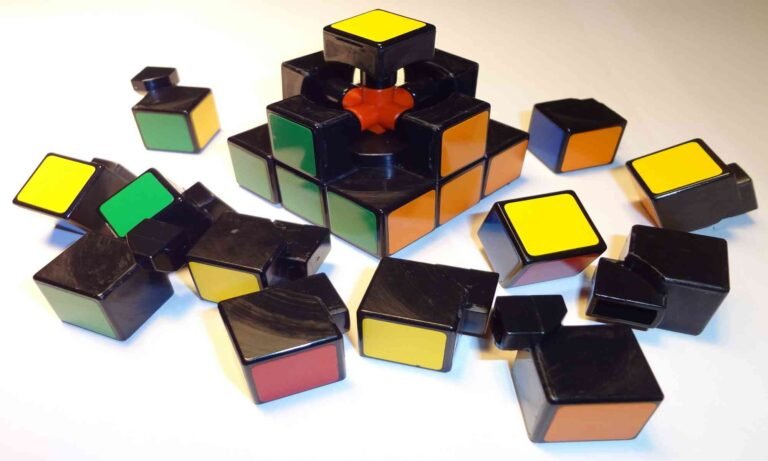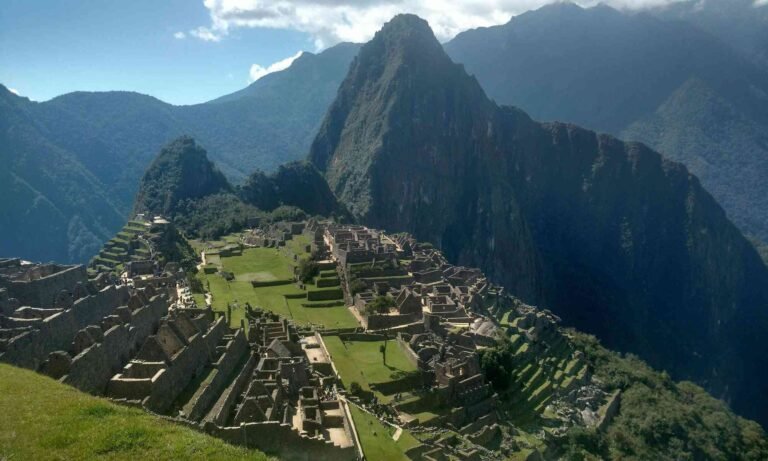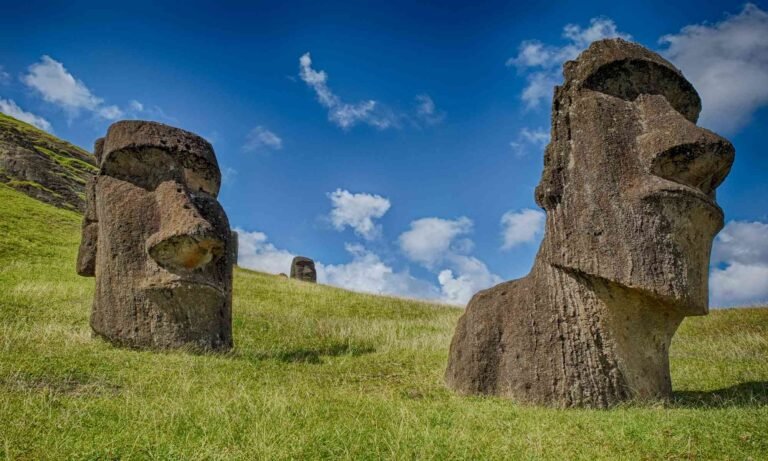Inferno is the first part of Italian writer Dante Alighieri’s 14th-century epic poem Divine Comedy. It is followed by Purgatorio and Paradiso. The Inferno describes Dante’s journey through Hell, guided by the ancient Roman poet Virgil. In this journey, Dante descends through the Nine Circles of Hell, each representing different sins and their corresponding punishments. The vivid and often gruesome depictions of Hell serve as a powerful allegory for the consequences of human actions and the moral lessons to be learned. The Divine Comedy as a whole is considered one of the greatest works of world literature, offering profound insights into human nature, morality, and the quest for redemption.
Divine Comedy

Dante Alighieri holds a copy of the Divine Comedy next to the entrance to Hell, the seven terraces of Mount Purgatory and the city of Florence, with the spheres of Heaven above. This fresco painting is by Domenico di Michelino (1465).
The Divine Comedy is an Italian narrative poem by Dante Alighieri, begun c. 1308 and completed around 1321, shortly before the author’s death. It is widely considered the pre-eminent work in Italian literature and one of the greatest works of world literature. The purpose of Dante’s Divine Comedy was to show people the horrors their souls would go through if they did not obey God’s laws and did not live righteously. There is a lot of symbolism in connection with numbers throughout the novel.
The Divine Comedy is a fulcrum in Western history. It brings together literary and theological expression, pagan and Christian, that came before it while also containing the DNA of the modern world to come. It may not hold the meaning of life, but it is Western literature’s very own theory of everything.
Dante chose to call his poem a comedy (commedia in Italian) because it ends happily. The poem follows a pilgrim who journeys through the afterlife to salvation and a vision of God under the guidance of the souls of the Roman poet Virgil, Dante’s literary model, and his beloved Beatrice. Each canticle (part) consists of 33 cantos (chapter), except the first which has 34, thus the entire poem is made up of 100 cantos.
Part I: Inferno
The Inferno is about the poet’s journey into Hell. Guided by the poet Virgil, Dante descends through the Nine Circles * of Hell, eventually arriving at the center where Satan himself resides. After escaping Hell, Dante and Virgil will go on to Purgatory and then Dante will go on to Heaven.
* = Each circle represents its own sin: Limbo, lust, gluttony, greed, anger, heresy, violence, fraud and treachery whilst Virgil distinguishes between three types of sins: Incontinence, violence and fraud.

Nine Circles Of Hell
Here are the circles of hell in order of entrance and severity:
- Limbo: Where those who never knew Christ exist. Dante encounters Ovid, Homer, Socrates, Aristotle, Julius Caesar, and more here.
- Lust: Self-explanatory. Dante encounters Achilles, Paris, Tristan, Cleopatra, and Dido, among others.
- Gluttony: Where those who overindulge exist. Dante encounters ordinary people here, not characters from epic poems or gods from mythology. The author Boccaccio took one of these characters, Ciacco, and incorporated him into his 14th-century collection of tales called “The Decameron.”
- Greed: Self-explanatory. Dante encounters more ordinary people but also the guardian of the circle, Pluto, the mythological king of the Underworld. This circle is reserved for people who hoarded or squandered their money, but Dante and Virgil do not directly interact with any of its inhabitants. This is the first time they pass through a circle without speaking to anyone, a commentary on Dante’s opinion of greed as a higher sin.
- Anger: Dante and Virgil are threatened by the Furies when they try to enter through the walls of Dis (Satan). This is a further progression in Dante’s evaluation of the nature of sin; he also begins to question himself and his own life, realizing his actions and nature could lead him to this permanent torture.
- Heresy: Rejection of religious and/or political “norms.” Dante encounters Farinata degli Uberti, a military leader and aristocrat who tried to win the Italian throne and was convicted posthumously of heresy in 1283. Dante also meets Epicurus, Pope Anastasius II, and Emperor Frederick II.
- Violence: This is the first circle to be further segmented into sub-circles or rings. There are three of them – the Outer, Middle, and Inner rings – housing different types of violent criminals. The first are those who were violent against people and property, such as Attila the Hun. Centaurs guard this Outer Ring and shoot its inhabitants with arrows. The Middle Ring consists of those who commit violence against themselves (suicide). These sinners are perpetually eaten by Harpies. The Inner Ring is made up of the blasphemers, or those who are violent against God and nature. One of these sinners is Brunetto Latini, a sodomite, who was Dante’s own mentor. (Dante speaks kindly to him.) The usurers are also here, as are those who blasphemed not just against God but also the gods, such as Capaneus, who blasphemed against Zeus.
- Fraud: This circle is distinguished from its predecessors by being made up of those who consciously and willingly commit fraud. Within the eighth circle is another called the Malebolge (“Evil Pockets”), which houses 10 separate bolgias (“ditches”). In these exist types of those who commit fraud: panderers/seducers; flatterers; simoniacs (those who sell ecclesiastical preferment); sorcerers/astrologers/false prophets; barrators (corrupt politicians); hypocrites; thieves; false counselors/advisers; schismatics (those who separate religions to form new ones); and alchemists/counterfeiters, perjurers, impersonators, etc. Each bolgia is guarded by different demons, and the inhabitants suffer different punishments, such as the simoniacs, who stand head-first in stone bowls and endure flames upon their feet.
- Treachery: The deepest circle of Hell, where Satan resides. As with the last two circles, this one is further divided, into four rounds. The first is Caina, named after the biblical Cain, who murdered his brother. This round is for traitors to family. The second, Antenora – from Antenor of Troy, who betrayed the Greeks – is reserved for political/national traitors. The third is Ptolomaea for Ptolemy, son of Abubus, who is known for inviting Simon Maccabaeus and his sons to dinner and then murdering them. This round is for hosts who betray their guests; they are punished more harshly because of the belief that having guests means entering into a voluntary relationship, and betraying a relationship willingly entered is more despicable than betraying a relationship born into. The fourth round is Judecca, after Judas Iscariot, who betrayed Christ. This round is reserved for traitors to their lords / benefactors / masters. As in the previous circle, the subdivisions each have their own demons and punishments.
Center Of Hell
After making their way through all nine circles of Hell, Dante and Virgil reach the center of Hell. Here they meet Satan, who is described as a three-headed beast. Each mouth is busy eating a specific person: the left mouth is eating Brutus, the right is eating Cassius, and the center mouth is eating Judas Iscariot. Brutus and Cassius betrayed and caused the murder of Julius Caesar, while Judas did the same to Christ. These are the ultimate sinners, in Dante’s opinion, as they consciously committed acts of treachery against their lords, who were appointed by God.
Part II: Purgatorio

For Dante, Purgatory is not only a place where you pay the debts you incurred when you sinned: It is in fact the place where you reflect on those sins, and where you change the psychological tendencies which led you to sin. This leads to extraordinary richness in the depiction of character.
The seven terraces of Purgatory are: First terrace (Pride) • Second terrace (Envy) • Third terrace (Wrath) • Fourth terrace (Sloth) • Fifth terrace (Greed) • Sixth terrace (Gluttony) • Seventh terrace (Lust)
Part III: Paradiso
In Paradiso, Dante is primarily concerned with justice. Many of the figures he meets during his tour of Heaven are concerned about injustices that prevail on Earth, especially corrupt rulers whose actions harm everyday people.
Dante and Beatrice move on to the Sixth Heaven, sphere of Jupiter. The souls spell out the message Diligite iustitiam, qui iudicatis terram (“Love justice, you who judge the earth”), and then form the Eagle. The Eagle explains Divine Justice and the inscrutability of God’s Mind.
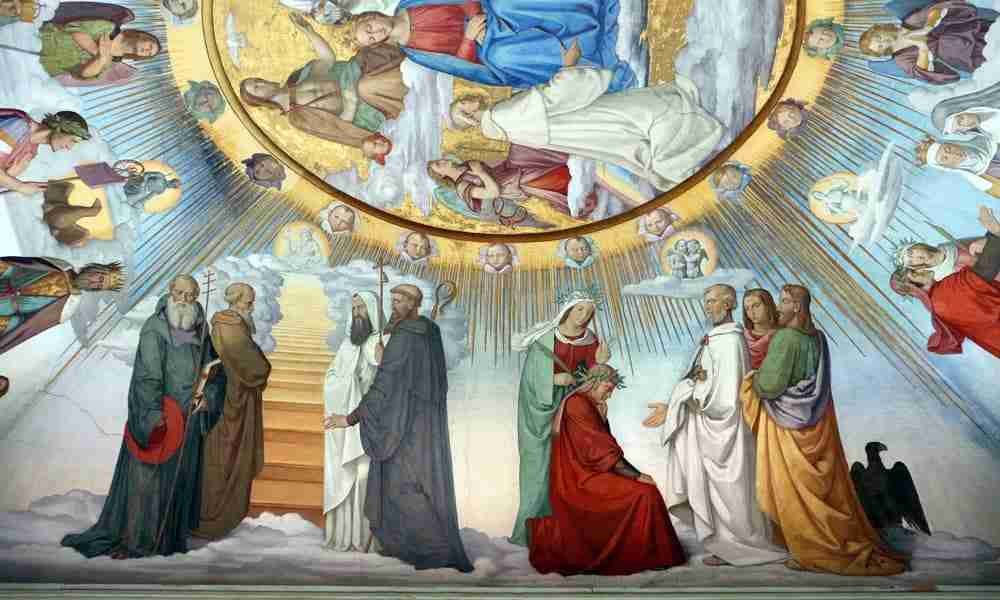
What’s More
The posts in My Blog feature reflective, story-driven pieces rooted in personal and societal insights.
The topics in My Interests explore abstract, philosophical ideas and their cultural and societal impact.
👁️ 8,693 Views

